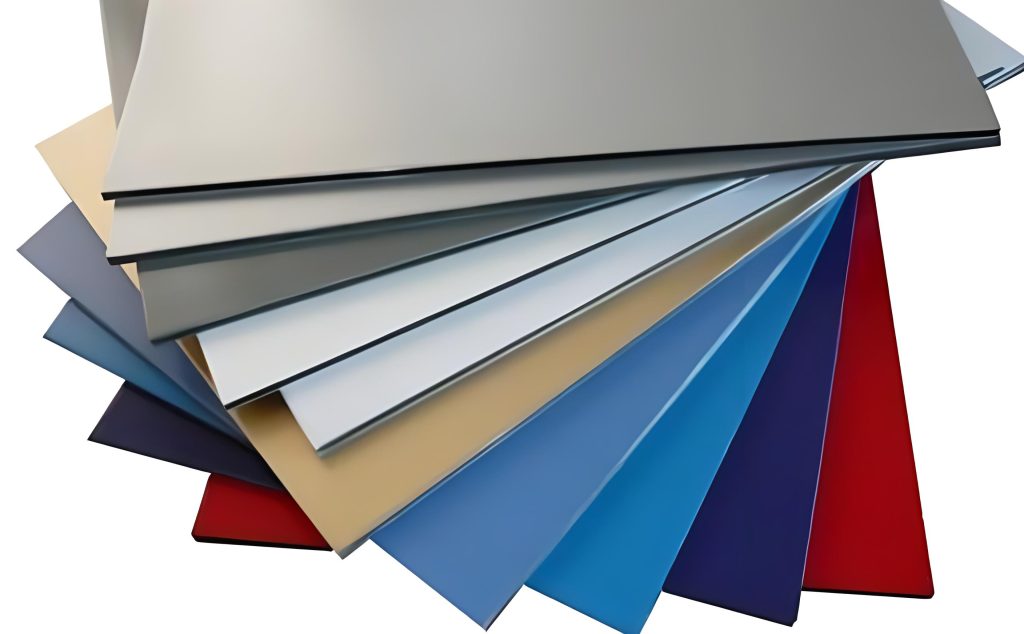The Future of Aluminium Composite Panel
2024-01-13
Aluminium composite panel (ACP) have become increasingly popular in the construction and design industry in recent years. ACP consists of two thin aluminium sheets bonded to a non-aluminium core, typically made of polyethylene. This combination of materials provides a lightweight, durable, and versatile building material that offers numerous benefits in construction and design.
One of the main advantages of ACP is its versatility in design. ACP can be easily shaped, bent, and cut into various sizes and shapes, allowing architects and designers to create unique and eye-catching facades. The panels can also be coated with a wide range of finishes, including metallic, wood, stone, and solid colors, giving designers the freedom to achieve a desired aesthetic.

In addition to its aesthetic versatility, ACP offers practical benefits in construction. The lightweight nature of ACP makes it easier and more cost-effective to transport and install compared to traditional building materials. This can result in reduced construction time and labor costs. ACP is also highly durable and resistant to weathering, corrosion, and fire, making it a reliable choice for exterior cladding.
Furthermore, ACP panels have excellent thermal and sound insulation properties. The non-aluminium core helps to reduce heat transfer, providing better energy efficiency and reducing heating and cooling costs. The panels also absorb sound, making them suitable for applications where noise reduction is important, such as office buildings, hospitals, and schools.
The future of ACP in construction and design looks promising. As sustainability and environmental consciousness continue to be important factors in the industry, ACP offers a solution. The panels are recyclable and can be reused, reducing waste and contributing to a more sustainable building practice. Additionally, the lightweight nature of ACP reduces the load on the building structure, making it a more sustainable choice.
However, it is important to note that there have been concerns regarding the fire safety of ACP panels, particularly those with a combustible core. In some instances, ACP panels have been found to contribute to the rapid spread of fires in buildings. As a result, there have been stricter regulations and guidelines implemented in many countries to ensure the safe use of ACP panels.
Aluminium composite panel (ACP) can vary in terms of fire resistance depending on their composition and the specific manufacturer. However, ACPs are generally considered to have good fire-resistant properties. The core material of the panel, which is typically made of polyethylene (PE) or fire-retardant (FR) materials, plays a significant role in determining the fire resistance.
In conclusion, the future of aluminium composite panels in construction and design is promising. Their versatility, durability, and sustainability make them an attractive choice for architects and designers. However, it is crucial to prioritize safety and adhere to fire safety regulations to ensure the responsible use of ACP panels in buildings.

